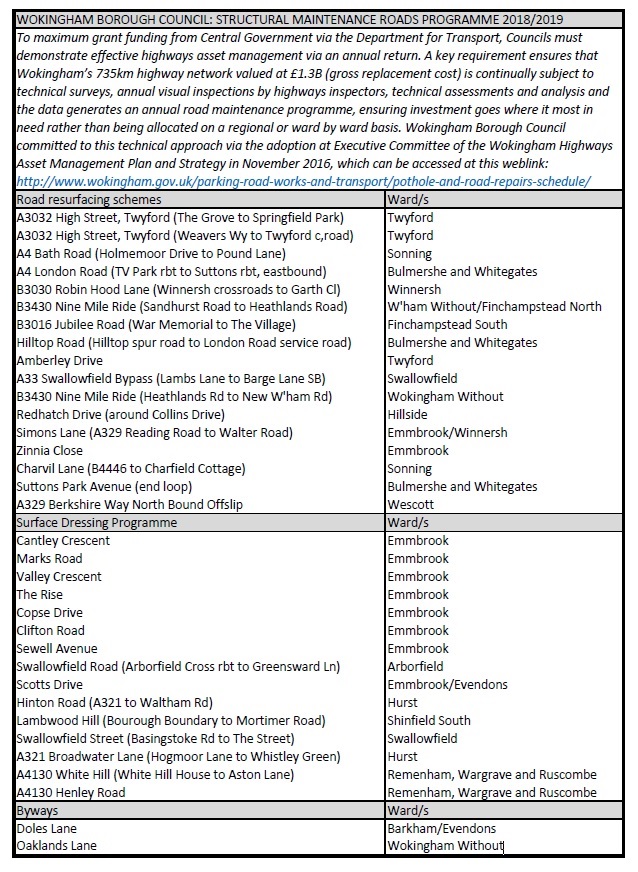We need a Statement on Syria
I trust tomorrow when Parliament meets the government will update us on its thinking on Syria and give MPs every opportunity to examine the position now reached.
I assume the limited action the UK took with allies early on Saturday morning is the end of the military intervention planned following the use of chemical weapons in Syria. I stressed before the event that we should not fly our jets into Syrian airspace, run the risk of killing Russian personnel and damaging Russian equipment, and risking killing civilians. It appears we have avoided all of those dangers. It is now important we show we do not intend to escalate from here. I am glad the PM did tell us she has no plan to intervene in the civil war or seek regime change as those options would require considerable and sustained force and be full of risk.
Labour will doubtless wish to explore the legal base for the action.
Many MPs will want to know how successful it was in destroying chemical weapons production facilities and chemical weapons stocks, the stated targets. We await the full Intelligence evaluation and assume Russian claims to have shot down most of the missiles are false. We will also wish to be reassured that attacking chemical weapons stocks did not lead to damaging release of any of the chemicals, or to the death or injury of people on the ground.
It will also be interesting to hear the governments evaluation of whether this will either prevent or deter future use of these munitions by the Syrian regime. Has the attack crippled their capacity to make and use these weapons? Or did it do such damage that they will conclude it is not a good idea to do it again?
There should be no escalation of this action and a careful consideration of the results of this mission.
